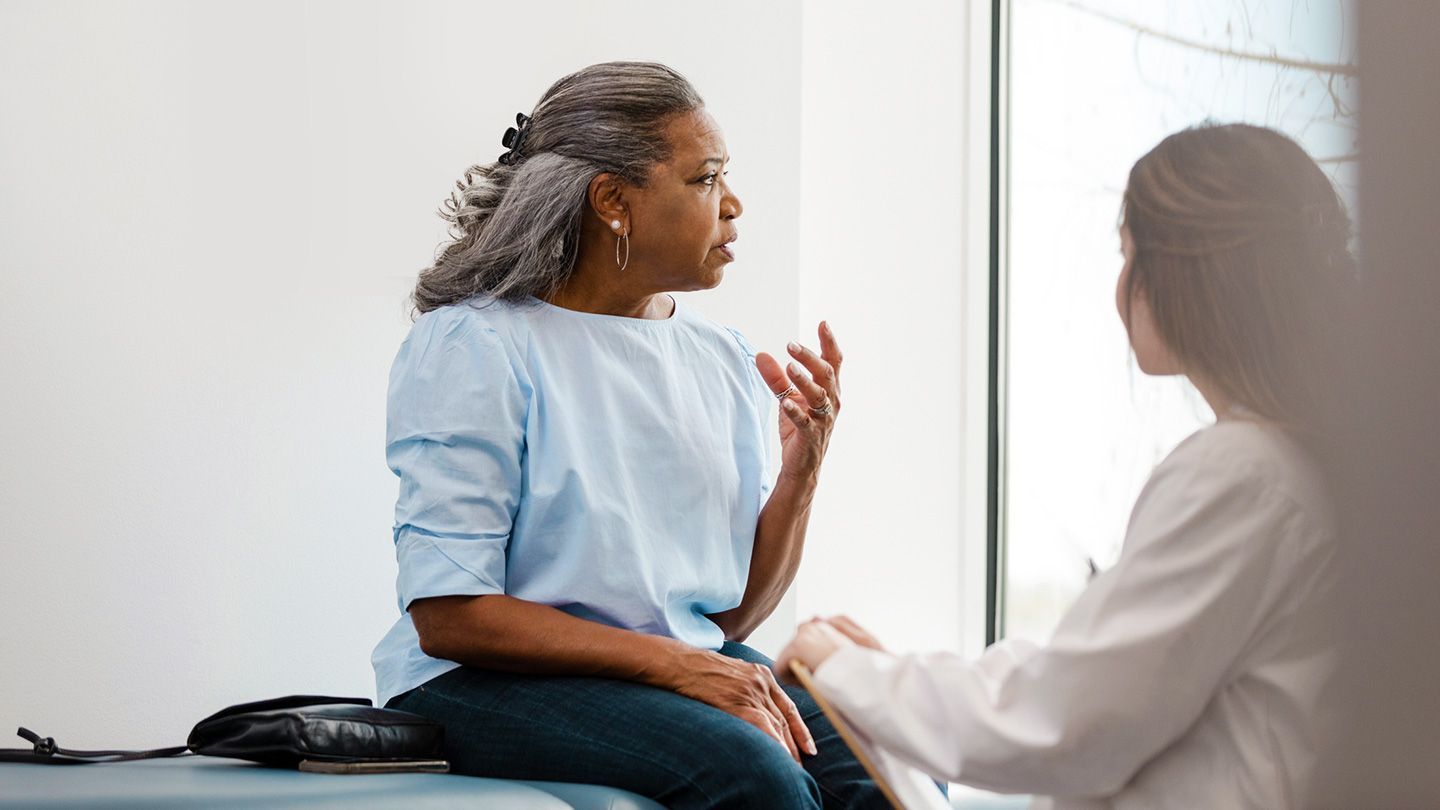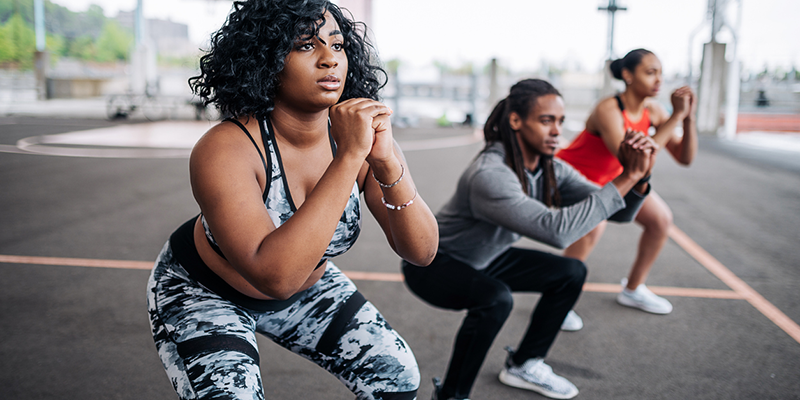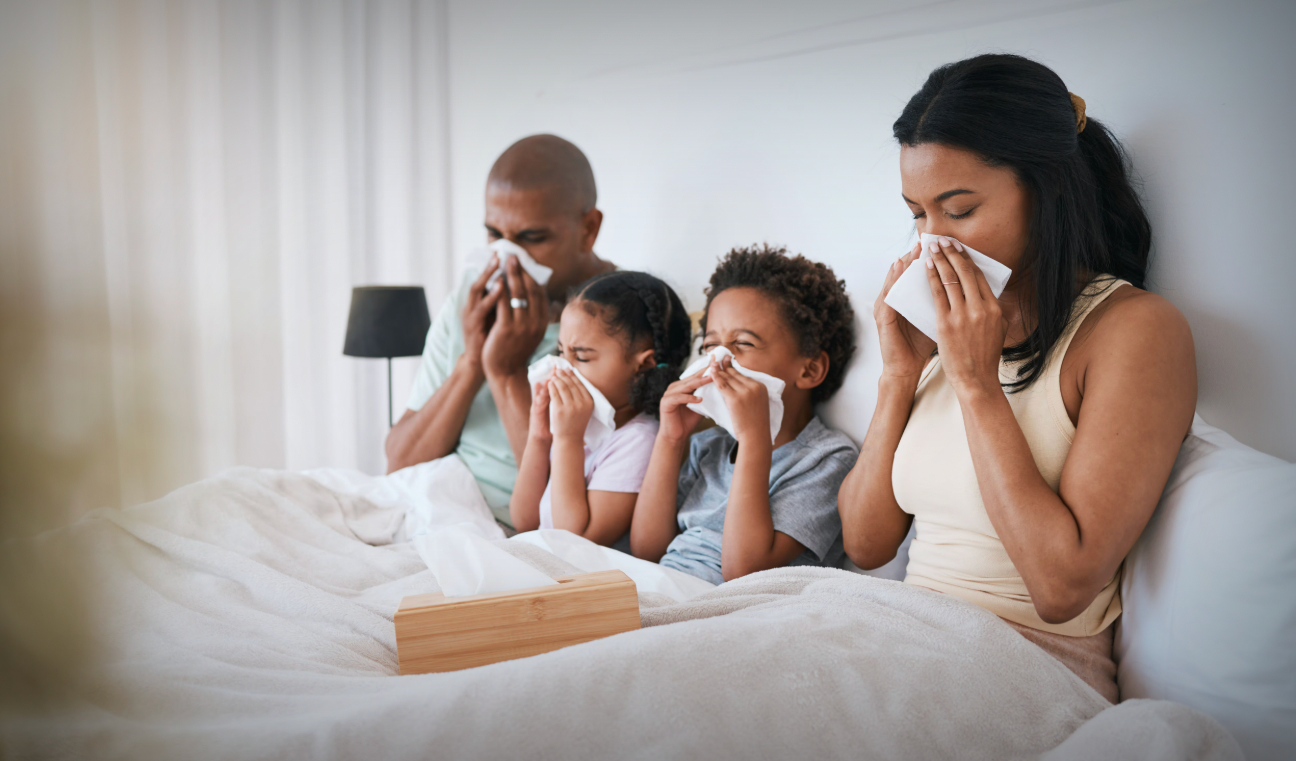How To Take Care of Your Lungs and Prevent Respiratory Conditions
Your lungs are important organs that play a crucial role in your overall health by ensuring oxygen gets into your bloodstream while removing carbon dioxide. Keeping your lungs healthy prevents respiratory conditions such as asthma, bronchitis, and chronic obstructive pulmonary disease (COPD). Here’s how you can take care of your lungs and protect them from damage.
Avoid Smoking and Secondhand Smoke
Smoking is the leading cause of lung diseases, including lung cancer and COPD. Cigarettes and other tobacco products introduce harmful chemicals into the lungs, causing irreversible damage to the delicate tissues and airways. If you’re a smoker, quitting is the most significant step you can take for your lungs and overall health. Equally important is avoiding secondhand smoke, as it can also lead to serious lung problems for non-smokers.
Improve Indoor Air Quality
Indoor air pollution is a common cause of respiratory issues. Poor ventilation, mold, dust mites, and chemicals from cleaning products can irritate your lungs. To improve indoor air quality, use an air purifier to reduce pollutants. Keeping your home clean will help minimize dust and other allergens and ventilate your home by opening windows regularly or using exhaust fans, especially when cooking.
Exercise Regularly
Physical activity is beneficial not just for your heart and muscles but also for your lungs. Regular aerobic exercise helps your lungs function more efficiently by increasing your lung capacity and improving blood flow. Add brisk walking, swimming, or cycling to boost your lung health. Breathing exercises, such as deep or diaphragmatic breathing, can also enhance lung capacity and efficiency.
Get Vaccinated
Respiratory infections, such as the flu and pneumonia, can harm your lungs, especially in older adults or those with weakened immune systems. Make sure you’re up-to-date on vaccines that help prevent these infections. The flu vaccine is recommended annually, and other vaccines, like the pneumococcal vaccine, may be suggested based on your age or health conditions.
Practice Good Hygiene
Preventing respiratory infections is one of the most effective ways to protect your lungs. Basic hygiene practices such as washing your hands regularly, covering your mouth and nose when you cough or sneeze, and avoiding close contact with people who are sick can significantly reduce your risk of infections like the common cold, flu, or COVID-19.
Monitor Your Breathing
Pay attention to how you breathe. If you notice any unusual changes, such as shortness of breath, wheezing, or a chronic cough, don’t ignore them. These could be early signs of respiratory problems, and catching them early gives you the best chance of effective treatment. Consult a healthcare professional if you experience these symptoms.
Stay Hydrated
Keeping your body well-hydrated helps thin the mucus in your airways, making it easier for your lungs to function properly. Drink plenty of water throughout the day to support your respiratory health.
Taking care of your lungs is essential for maintaining overall health and a strong respiratory system. By adopting healthy habits, avoiding harmful pollutants, staying active, and protecting yourself from infections, you can support your lung function and breathe easier for years. If you’re concerned about your lung health or have any symptoms of respiratory issues, don’t hesitate to seek medical advice for proper evaluation and care.
Credit Sarah Jividen, RN How To Take Care of Your Lungs and Prevent Respiratory Conditions
https://www.health.com/lung-health-8655971
















